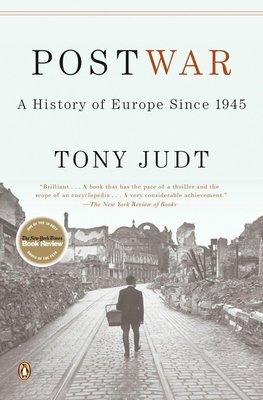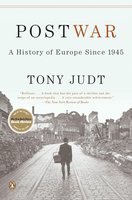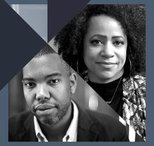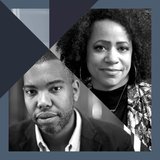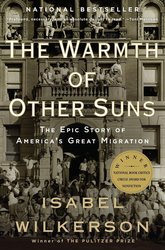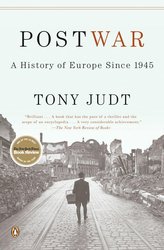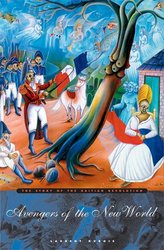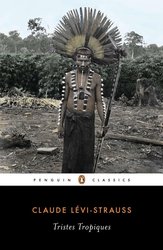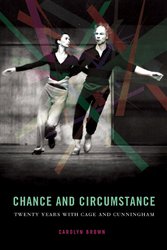You’ve heard plenty by now about the fights over teaching critical race theory and the 1619 Project. But behind those skirmishes is something deeper: A fight over the story we tell about America. Why that fight has so gripped our national discourse is the question of this podcast: What changes when a country’s sense of its own history changes? What changes when who gets to tell that story changes? What are the stakes here, and why now?
My guests for this conversation need little introduction. Nikole Hannah-Jones is an investigative journalist for the New York Times Magazine where she led the 1619 Project, and, before that, did incredible work on racial inequality in the American education system. Ta- Nehisi Coates is the author of books including “Between the World and Me” and “The Water Dancer,” essays including “The Case for Reparations,” and, for Marvel Comics, “Captain America” and “Black Panther.” Each of them has won more prestigious awards for their work than I could possibly list here, and both will be taking faculty positions at Howard University.
We discuss the 1619 Project, whether patriotism can coexist with shame and regret, the political power of American exceptionalism, the cracked foundations of American democracy, how journalism is and should be taught, our relationships to Twitter, what journalists can learn from children and much more.
Nikole Hannah-Jones book recommendations:
Black Reconstruction in America, 1860-1880 by W.E.B Du Bois
The Warmth of Other Suns by Isabel Wilkerson
Ta-Nehisi Coates book recommendations:
Postwar by Tony Judt
Avengers of the New World by Laurent Dubois
You can find transcripts (posted midday) and more episodes of "The Ezra Klein Show" at nytimes.com/ezra-klein-podcast, and you can find Ezra on Twitter @ezraklein.
Thoughts? Guest suggestions? Email us at
[email protected].
“The Ezra Klein Show” is produced by Annie Galvin, Jeff Geld and Rogé Karma; fact-checking by Michelle Harris; original music by Isaac Jones; mixing by Jeff Geld, audience strategy by Shannon Busta. Special thanks to Kristin Lin.
